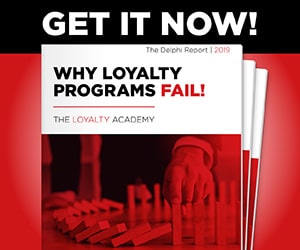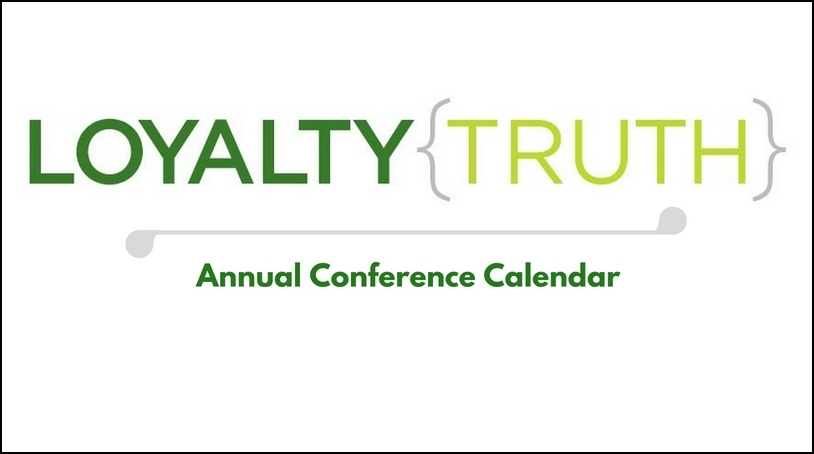What do Marketers and Rodney Dangerfield have in common? Neither gets respect and each has resorted to self  deprecating humor to deflect criticism – or to make a point.
deprecating humor to deflect criticism – or to make a point.
The Marketer’s dilemma is that developing effective marketing strategy is not as easy as it appears. Sometimes, an awful lot of work is poured in to validating an assumption that we intuitively thought to be true at the beginning of a project. At the end of a planning exercise, observers can rightly ask “what was the big deal?”or “didn’t we know that from the start?” Because of this, consultants have been chided for being the folks that charge you to tell what time it is on your watch.
The temptation to shortcut the planning process is always there, but prudent business people know that working through a process or methodology is the best way to manage risk and ensure that all considerations for strategy are vetted. No matter how much work is done, the project should not be declared a wrap until one important step is performed at the end: a reality check to see if customers will “get” our message and understand the value offered in whatever marketing campaign is crafted.
A while ago I wrote about how Marketers Can Be Real Bozos, and whether it was a good or bad idea to use our own lingo in the ads we create.What happens when marketers go beyond using lingo and take aim at themselves to sell their own products?
Ford’s “No Nonsense” campaign for its F150 trucks took a direct shot at the marketing crowd, shouting in this ad that “we don’t need a bunch of donut eaters at a focus group” to tell us what we want in a pickup truck.
Bank of America has been promoting its Cash Back card product describing it as “Refreshingly simple. Rewards with no hoops to jump through” and reassuring customers that there are “No Hassle, no tricks, I know what I get, not like those other card reward programs”.
Someone convinced Ford and Bank of America that if self-deprecating humor worked for Rodney Dangerfield and Jerry Seinfeld, then it will work for them.
I wonder though if their respective marketing teams paused to take the acid test I suggested. If so, would BofA have criticized its other reward cards offers to benefit its cash back product? And, what does Ford think will happen the next time they go to recruit for a focus group (you know they still do them)?
The Ford campaign is funny and since I’ve never been a big fan of focus groups, we can let them off the hook. BofA on the other hand has to think longer term about its messaging. If all reward cards other than cash back are nothing more than “hoops and hassles”, they have just trained upcoming Millennials and other consumers who pay attention to their ads that cash back is the only way to get value from a card.
Maybe that reality check would not have been such a bad idea after all.




